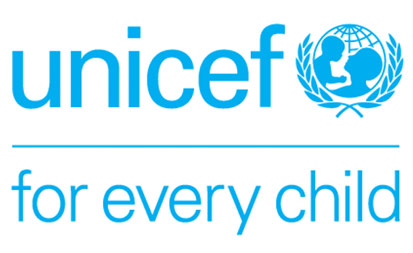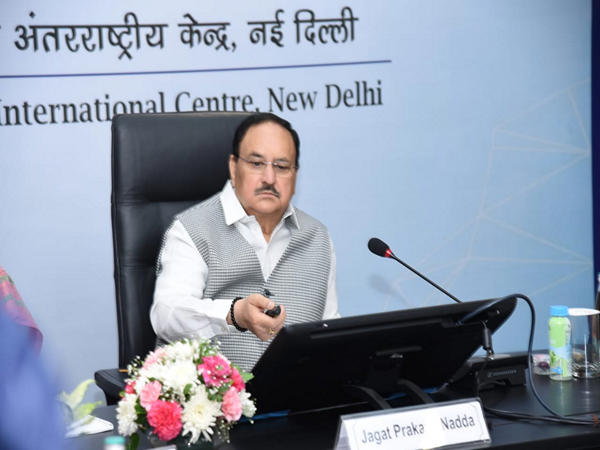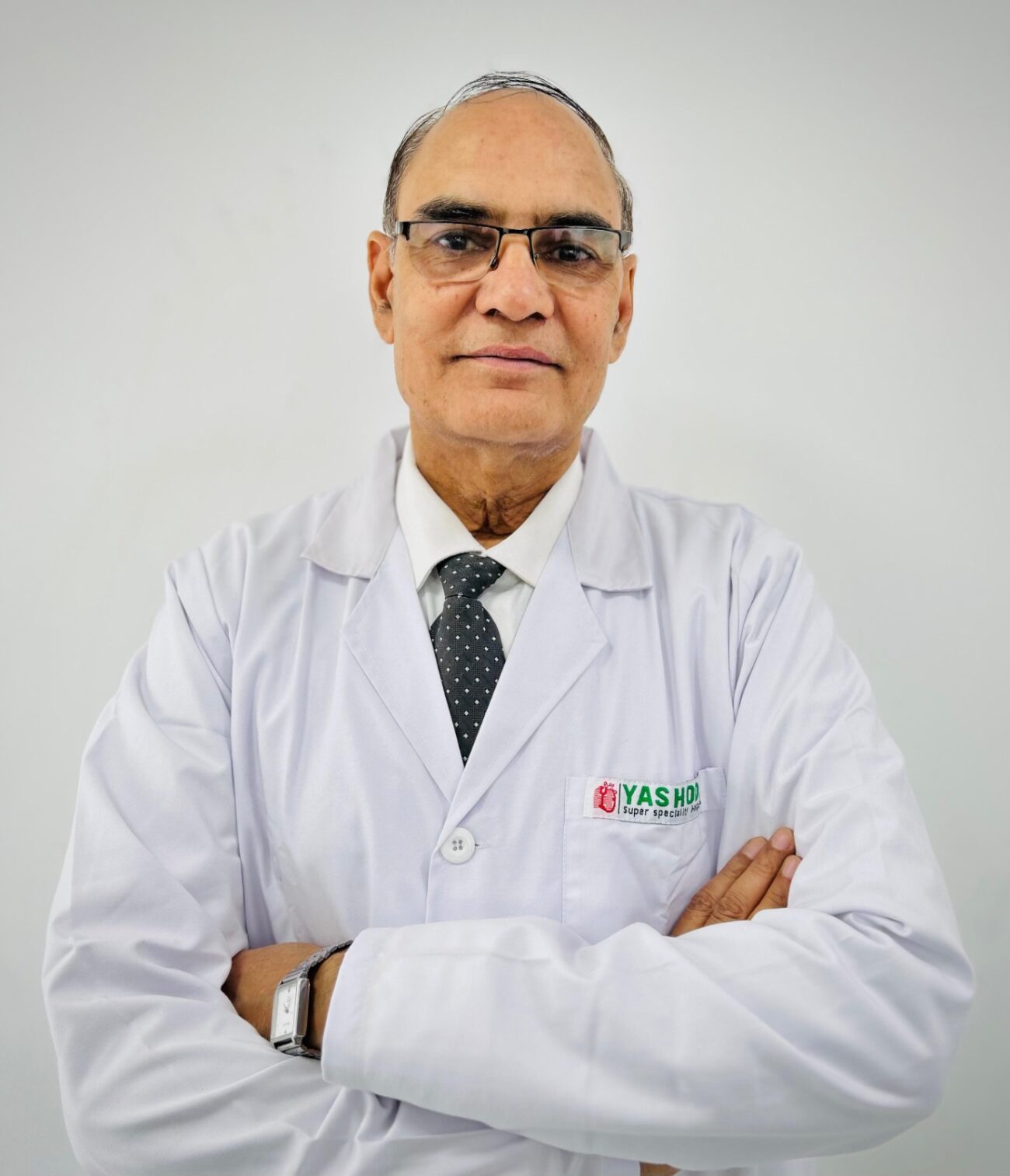Religious scholars and Urdu media work with UNICEF to promote behaviours that prevent spread of COVID-19
The engagement will leverage the reach and influence of religious leaders and Urdu media to reinforce messaging on importance of masks, practising social distance and handwashing to fight COVID-19 Religious scholars and editors from Urdu media,

The engagement will leverage the reach and influence of religious leaders and Urdu media to reinforce messaging on importance of masks, practising social distance and handwashing to fight COVID-19
Religious scholars and editors from Urdu media, today discussed ways to intensify their efforts to promote and reinforce important behaviours among communities to contain the spread of COVID-19.
More than 70religious scholars, faith leaders and senior Urdu journalists representing print, TV and radio, participated in the ‘National Webinar on Promotion of COVID Appropriate Behaviour’, organized by UNICEF in partnership with Shikhar Organisation for Social Development, a Delhi-based CSO.
The participants agreed to leverage the respect, command, reach and influence of faith leaders and Urdu media to reinforce messaging on the importance of practising social distancing, wearing masks, handwashing, encouraging greater community participation and address misinformation surrounding COVID-19.
Maulana Khalid Rasheed Firangi Mahali, Executive Member of the All India Muslim Personal Law Board, said that while efforts at an individual level were being done by media houses and faith groups at the local level, the times demand concerted efforts between the government, healthcare workers, religious leaders, CSOs and the media. “It is imperative that we use innovative ways to reach out the communities with our messaging, using technology – like Facebook and WhatsApp – and focus on capacity development of faith communities, women of faith, and youth networks,” he said. He added that Urdu media could play the role of a catalyst so that ideas, learnings and success stories can be shared and replicated in other areas.
UNICEF in collaboration with Religions for Peace (RfP) and Joint Learning Initiative on Faith and Local Communities (JLI) has released three sets of guidance documents to advise religious leaders and faith communities on how to address challenges brought about by COVID-19:
- Adapting how we gather together, pray and practise rituals
- Communicating to end misinformation, discrimination and to instil hope
- Helping those who are at risk
The guides address the specific role of religious leaders in the pandemic context and outlines the adaptations needed to keep people safe, maintain continuity of essential services and ensure an effective response to COVID-19. It is intended to offer guidance on how to support social and behaviour change, community engagement interventions to ensure continuity of all services at the community.
Appreciating the important voice and trust of religious leaders and media within communities, Zafrin Chowdhury, Chief of Communication, Advocacy and Partnership, UNICEF India, said, “We have seen that education, nutrition, protection of millions of children are affected due to the measures taken to control the pandemic. It is essential that when schools re-open, when immunization sessions are held, we have communities accessing the services without fear of contracting the disease. All of us have a critical role in containing the spread of this diseaseby following recommended behaviours, and help end the pandemic.”
The participants also underlined the collective role of each one in supporting the government responses and specific measures to reach people at greater risk who cannot practise preventive behaviours, support to frontline workers, raising awareness of government advisories, promoting social harmony, managing communication, and countering misinformation and rumours.






